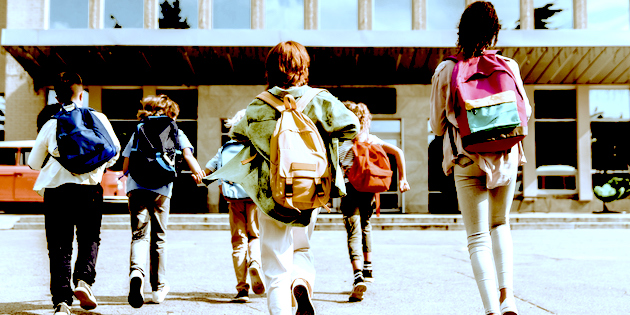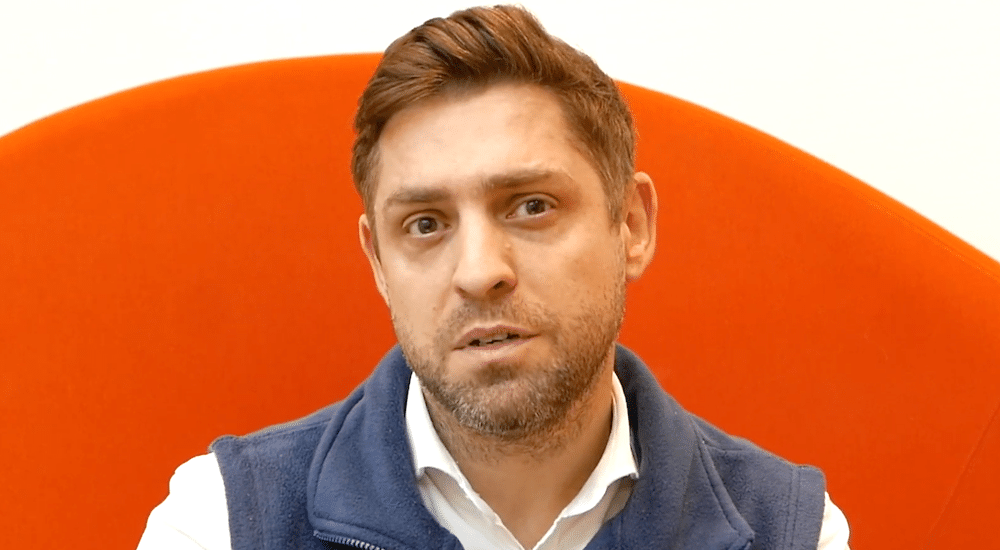US study: children with hearing loss have worse school engagement than normal hearing kids
Deaf and hard-of-hearing (DHH) children in the USA are less likely to participate in three out of five extracurricular activities and were found more likely to have worse performance in five educational performance variables compared with children without deafness or hearing problems. They need more direct help, such as hearing aids and implants.

These findings, from a nationally representative cross-sectional study of 155,178 school-aged children (weighted, 49,340,700 children) drew its University of California authors to stress the need for improvements in direct intervention for deafness and hearing problems in the educational setting.
Deafness or hearing problems = worse school outcomes
An estimated 1.4% of the study sample were reported by their parent or guardian to have deafness or hearing problems, and having DHH status was associated with significantly worse outcomes on eight out of ten school engagement measures, even after adjustment for age, sex, underrepresented minority status, highest educational level of parent or guardian, federal poverty level of the household, and primary language in the household.
The researchers took into account diverse school engagement measures, including extracurricular participation in sports, clubs, paid work, volunteer work, and organised lessons, as well as educational performance variables, including missed school days, not caring about doing well in school, not doing required homework, grade repetition, and parent or guardian contacted by school.
Tech needed to create access in class for children with hearing problems
The study authors point out that most US DHH school-aged children are in mainstream classes with typically hearing peers but require hearing-assistive technologies to optimise their access to sound and language and to reduce the risk of potential sequelae that occur when no intervention is provided for HL, such as speech and/or language disorders, psychosocial difficulties, behavioural and/or conduct problems, or neuropsychiatric and/or learning disorders.
Because HL is a recognized disability, all DHH children are eligible for educational accommodations under federal civil rights protection legislation, but many of these services are contingent on criteria the authors classify as too broad or too widely open to interpretation. “This situation can ultimately result in placing substantial emphasis on supporting HL sequelae and DHH children most affected by these sequelae (rather than all DHH children),” the study reads.
A secondary aim of the study assessed outcomes for subgroups of DHH children with and without HL sequelae, and evaluated the extent to which these sequelae mediate the associations found between HL and school engagement. The outcome of these analyses revealed that the sequelae only partially mediated the association between DHH status and each outcome variable. “DHH status had a direct association with worse school engagement outcomes. Thus, we concluded that DHH status, not necessarily simply the sequelae of DHH status, was the primary factor associated with poor school engagement.”
Finding that DHH students struggle with school engagement regardless of the HL sequelae, the researchers suggest that “increased accessibility to direct support for hearing, such as hearing aids or cochlear implants, frequency modulation systems, seating changes, and teachers for the deaf, may improve DHH children’s school engagement.”
The study was published in the September 2023 issue of the journal JAMA Otolaryngology–Head & Neck Surgery(doi:10.1001/jamaoto.2023.2897)
Source: JAMA
 Sign in
Sign in

